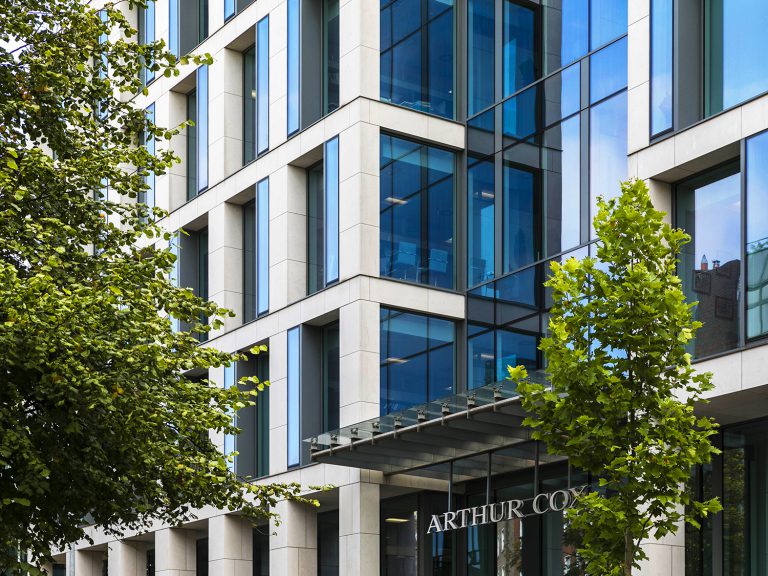The commencement of the Representative Actions for the Protection of the Collective Interests of Consumers Act 2023 (the “Act”) on 30 April 2024 introduced a new civil litigation mechanism in Ireland through which representative actions can be brought by qualified entities on behalf of consumers for alleged infringement of their rights under relevant enactments. The effectiveness of the Act is tempered however, absent reform of the current prohibition on third party funding, save for limited circumstances.
Qualified Entities
Under the Act, discussed in detail in our earlier briefing, a representative action for the protection of the collective interests of consumers can now be brought by a qualified entity to seek injunctive relief and/or redress in respect of infringements by traders under the relevant enactments listed in the Schedule to the Act. The relevant enactments traverse a range of industries including financial services, travel and tourism, data protection, energy, telecommunications, environment, life sciences, healthcare and aviation.
A “qualified entity” means a legal person or public body representing consumers’ interests which has been designated as such by the Minister for Enterprise, Trade & Employment or a Member State (other than Ireland), as qualified to bring representative actions.
In Ireland, two designated qualified entities are currently listed: (i) The Irish Council for Civil Liberties (designated as of 6 June 2024); and (ii) noyb (European Center for Digital Rights) (designated as of 11 October 2024).
The list of qualified entities is much greater at a European level. There are currently 49 cross-border qualified entities (including the 2 Irish designated qualified entities) on the list of qualified entities maintained by the European Commission.
Third Party Funding
Notwithstanding the commencement of the Act and the designation of qualified entities, as outlined in our previous briefing, the prohibition on third party funding, currently impacts the effectiveness of the Act given the likely costs associated with a representative action.
The Representative Actions for the Protection of the Collective Interests of Consumers Act 2023 (Section 29) (Maximum Fee) Regulations 2024 permits qualified entities to charge a maximum fee of €25 to a consumer requesting to be represented in a representative action for redress. While the Act provides that a representative action for redress may be funded by a third party ‘insofar as permitted in accordance with law’, litigation funding, where a third party provides financing to allow legal proceedings to progress, is prohibited in Ireland, save for limited exceptions.
The issue of third party funding is the focus of an ongoing review by the Irish Law Reform Commission (the “LRC”) and it is anticipated that the LRC will publish its recommendations in 2025.
Given the modest level of contribution which qualified entities can seek directly from consumers for representation in a representative action seeking redress, absent the availability of third party funding, qualified entities face potential significant financial exposure if they pursue an action in Ireland. The LRC recommendations on this issue are therefore highly anticipated to see if there will be any relaxation of the existing prohibition on third party funding as well perhaps as related recommendations regarding the regulation of funding.
We will continue to monitor developments and keep you up to date. In the meantime, if you would like to discuss any of the matters covered in this update in more detail, please get in touch with any member of our Litigation, Dispute Resolution and Investigations Group.

